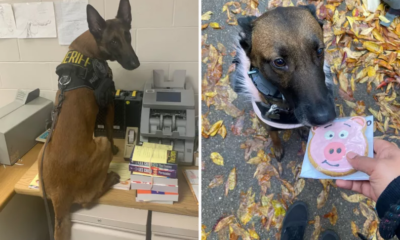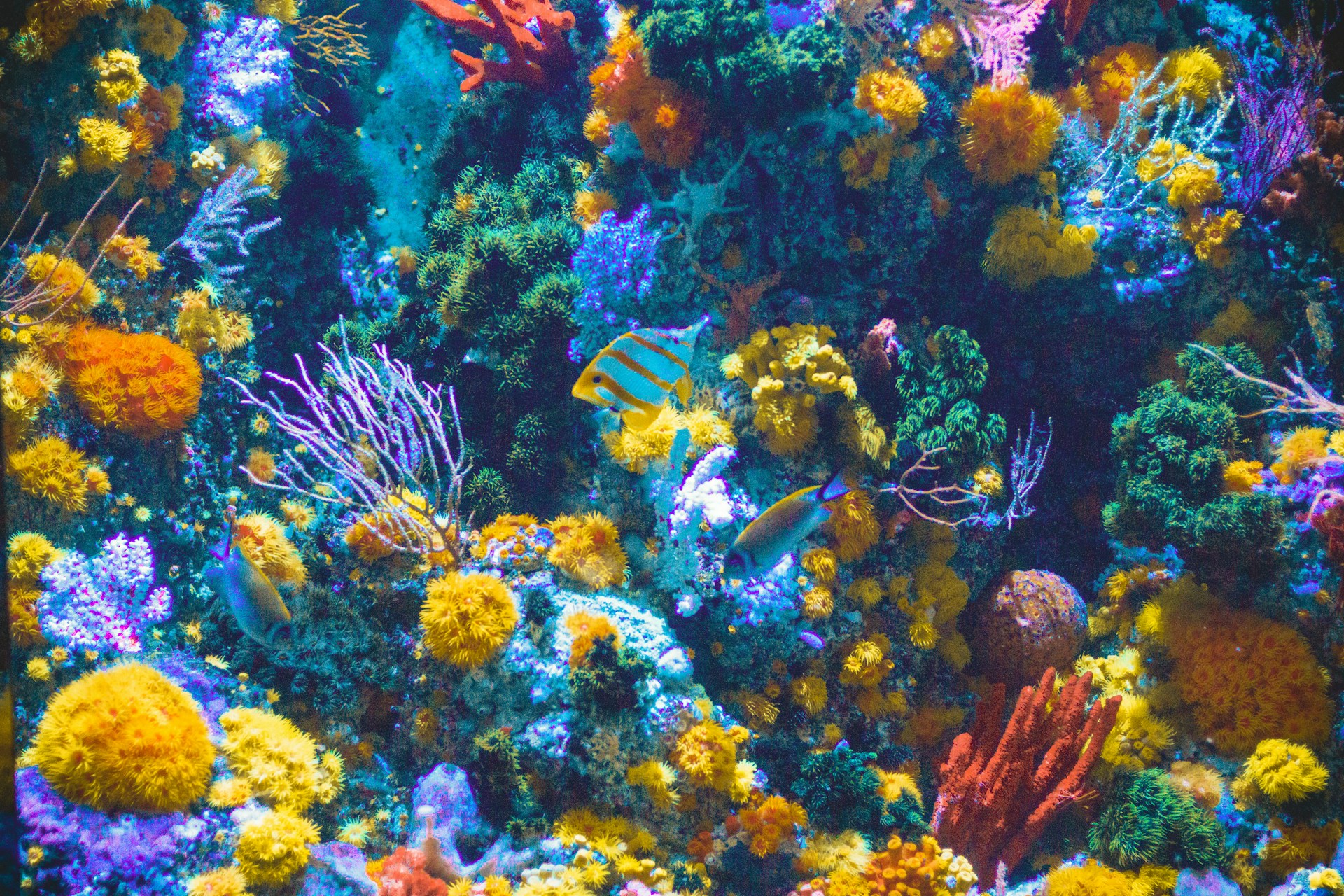Smile
New Research Enhances Coral Reef Restoration by 20 Times!
Quick Smiles:
- Innovative bio-ink SNAP-X boosts coral settlement by over 20 times.
- SNAP-X uses metabolites from pink algae to attract coral larvae naturally.
- Researchers aim to enhance coral resilience through genetic diversity.
Recent research has unveiled a promising solution for preserving endangered coral reefs through the use of a special bio-ink called SNAP-X.
Developed by scientists at a leading university, this innovative coating is designed to promote coral larvae settlement and aid in the restoration of fragile underwater ecosystems.
Published in a prominent scientific journal, the study reveals that the algae-derived SNAP-X can increase coral settlement by more than 20 times, offering hope for rebuilding coral reefs worldwide.
“When people think about a coral reef, they often think about how beautiful it is,” said Dr. Daniel Wangpraseurt, a key researcher involved in the study.
“What we sometimes forget is that coral reefs are one of the best structures in protecting our coasts.”
Traditional methods of restoring coral reefs have relied on planting nursery-grown corals, but these are often “genetically identical” and vulnerable to the same threats.
Dr. Wangpraseurt emphasized, “Ideally, we want to recruit corals naturally, which can introduce genetic diversity to the population and enhance their resilience.”
Biologists have discovered that crustose coralline algae (CCA), a type of rocky pink algae, plays a crucial role in attracting coral larvae by emitting chemical signals.
Inspired by this, Dr. Wangpraseurt’s team created SNAP-X, a transparent ink infused with CCA metabolites, which releases these signals over a month-long period.
SNAP-X, when applied to rocks or surfaces, creates a conducive microhabitat for coral larvae, significantly boosting their settlement.
In outdoor tests using natural seawater, the research team found that Montipora capitata larvae were 20 times more likely to settle on SNAP-X treated substrates.
The density of these settlements increased with higher concentrations of metabolites in the ink.
The researchers suggest deploying SNAP-X in sync with the coral’s spawning cycle to optimize natural recruitment.
Depending on the coral species, the ingredients in SNAP-X can be adjusted to include various metabolites and chemical signals.
Efforts are now underway to scale up SNAP-X production, with hopes for real-world application approval since the ink contains no living materials.
“It’s really exciting,” Wangpraseurt shared. “I think a lot of the technologies for restoring and protecting our environment are already there, we just need to look outside the box into other fields of study.”

-

 Cute Animals2 years ago
Cute Animals2 years agoPuppy Love Patrol: Service Dog Swoons Over K9 Officer Neighbor
-

 Cute Animals2 years ago
Cute Animals2 years agoHugs, Hooves, and Happiness: Newborn Donkey Steals Hearts by Demanding Affection [Video]
-

 Cute Animals2 years ago
Cute Animals2 years agoWATCH: A German Shepherd’s Surprising Parenting Instinct for Lost Ducklings!
-

 Cute Animals2 years ago
Cute Animals2 years agoPetty Pup Pulls Off Hilarious Bone Heist [Video]
-

 Heroes2 years ago
Heroes2 years agoA Lost Dog’s Bark Leads to a Lifesaving Discovery
-

 Cute Animals2 years ago
Cute Animals2 years ago“Pure Love”: Adopted Rescue Dog Can’t Hide How Grateful He Is [Video]
-

 Cute Animals2 years ago
Cute Animals2 years agoTiny but Mighty: Cat with Dwarfism Becomes Internet Star as Owners Adapt Backyard for Her Comfort
-

 Cute Animals2 years ago
Cute Animals2 years agoAdorable Puppy Steals Hearts After a Tiring Swim [Video]
